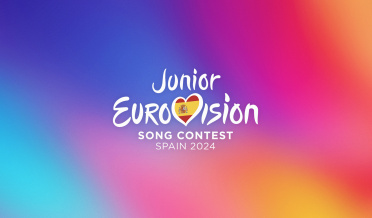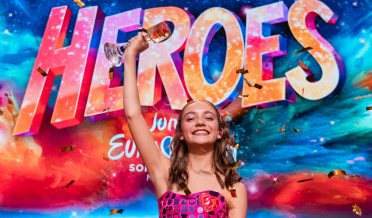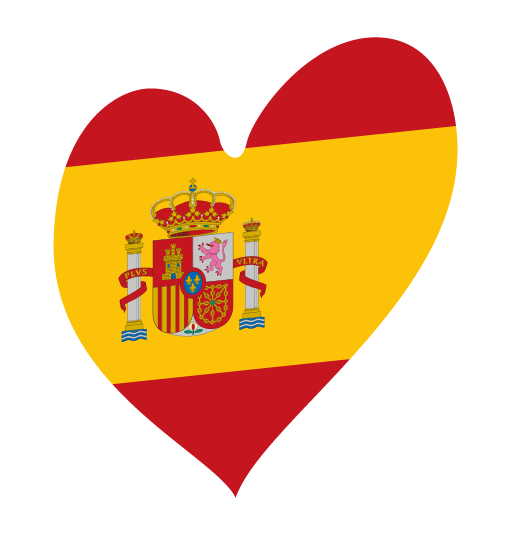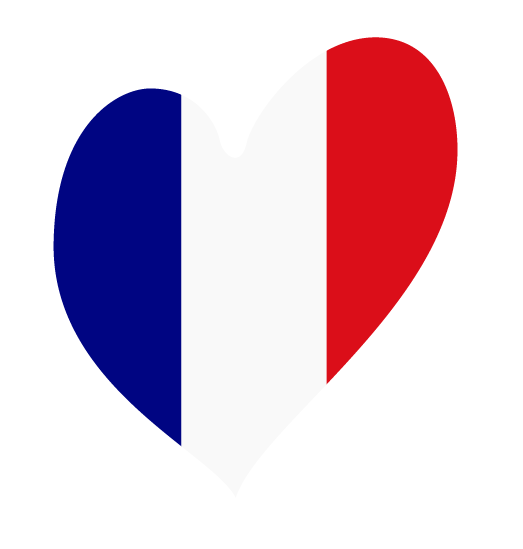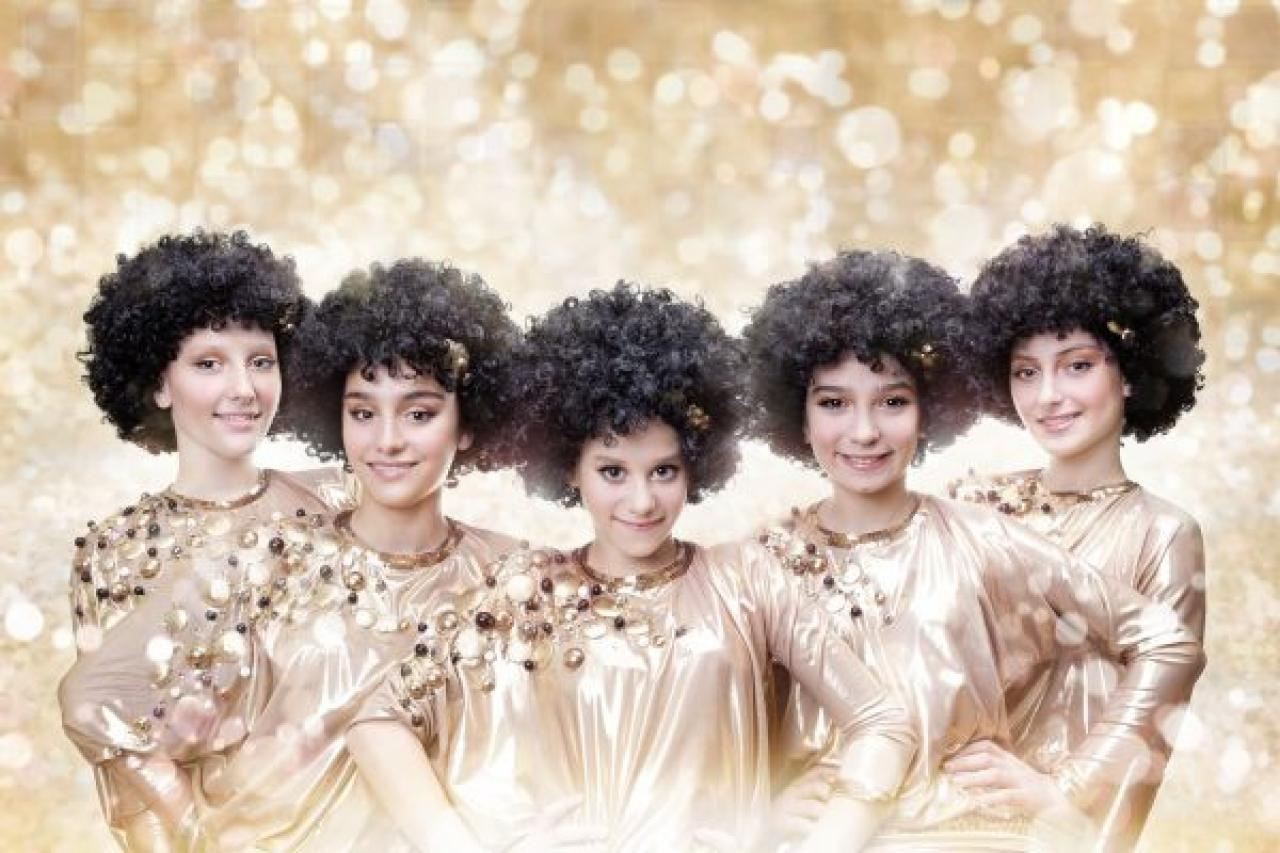
The best of Eurovision in Junior Eurovision: a change of perspective
20 November 2013 at 16:36 CETHe spent the week there amongst the contestants, the locals and media, getting a close look at the inner circle of the show. These observations – funny, enlightened and impressive, ended up becoming a book: ‘It's Cold and there are Children Singing: Adventures in Armenia, and the Junior Eurovision Song Contest 2011.’
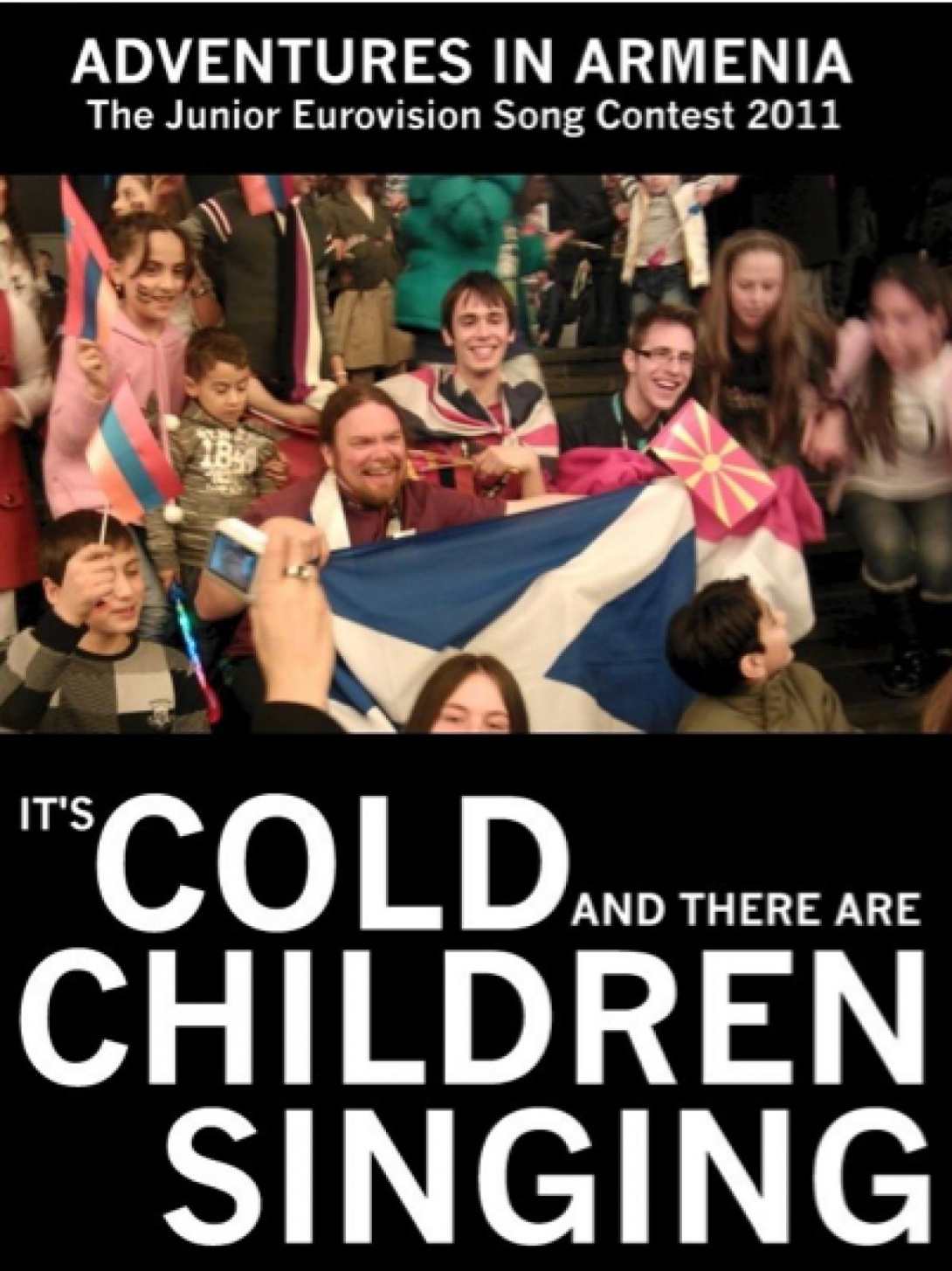
He’s been kind enough to share some of his insights with us:
'When I mentioned to some of my friends back in the UK that I was going to be at Junior Eurovision, there was a certain look, as if they wanted to ask if it was wrong to have children singing, assuming that they must be exploited, and that they had been pushed into doing it. When we got there, it was obvious that contestant Paulina and the rest of her badge-givers had that look in their eye that was impossible to hide or fake. Simply put, they were having a lot of fun and didn't want it stop.
All the children were incredibly professional on stage. But yes, if you took them out of that bubble, put them in a social situation, they would definitely revert to type. Be it moody fifteen year olds, excited ten year olds, thirteen year olds looking out for the younger kids, or any other combination of mood and age, it was obvious that the Junior Eurovision performers were a typical cross section of youth who all loved singing.
And that's all they were asked to do in the show. There was no pushing of sob stories, no manipulation of backstage footage or exploitation of any problems they may have had in their lives. I found this particularly refreshing, because there were a few of the kids who could easily have played one of these cards if they wanted to. Nobody did, though.
I would gladly argue that Junior Eurovision is far less exploitative than our uniquely British and cynical tabloid newspapers would have you think (not that they ever mention it), and is a far better environment than something like ‘Britain's Got Talent.’ And here was the biggest, greatest, most genuine singing contest for young people in the world that was being ignored by the broadcast channels, the newspapers and pretty much everyone in the British media.
And yet, for those of us present, it was like any Eurovision Contest in that the media pack liked to discuss the songs and the singers. In Armenia there were songs that were being touted as potential winners, and others that were being left behind, irrespective of how good at singing these kids were. This actually made it a more respectful place to work as it made us all speak very diplomatically around some of the songs. Unlike Adult Eurovision, where the boot would go in with a witty put-down during a recording, there was a conscious decision to avoid the cheap joke and instead turn the discussion into something more useful like critical analysis. This actually made for a better show and helped us all pull together. The websites shared pictures, stories - even writers at some point - to tell the story as best as we could.
The Junior Eurovision Song Contest was one of the purest contests in terms of song presentation out there. The children came in, sang, enjoyed themselves, and while there was an eventual winner, they all took away the experience of a lifetime.
Strictly speaking, this result should be the same in the Adult Contest, but as I stood there in the press room, watching the kids be themselves, it was clear that the Junior singers were having a far better time than many who enter Adult Eurovision in May.
It had been a fantastic week, with more highs than any of us expected. We knew it would have a unique feel, but being the first junior Eurovision we had attended what we didn't expect was to feel like it was a true Eurovision. Which of course it was.
Children from all over Europe wrote songs, performed them, and stood in front of Europe with them in Yerevan. The people of Armenia shared their country with the rest of the continent and made us all welcome, and if Eurovision ever returns to Armenia, it won't be a moment too soon for those of us who were at the Junior Eurovision Song Contest 2011.
The slogan for the Contest was 'Reach for the Top.' We all did. Together. If Europe grows up, maybe they'll join us.'
Winning song Georgia - Candy Music from YouTube - https://www.youtube.com/watch?v=cC614xDW58k and full show - https://www.youtube.com/watch?v=XTDKFeK8vRs
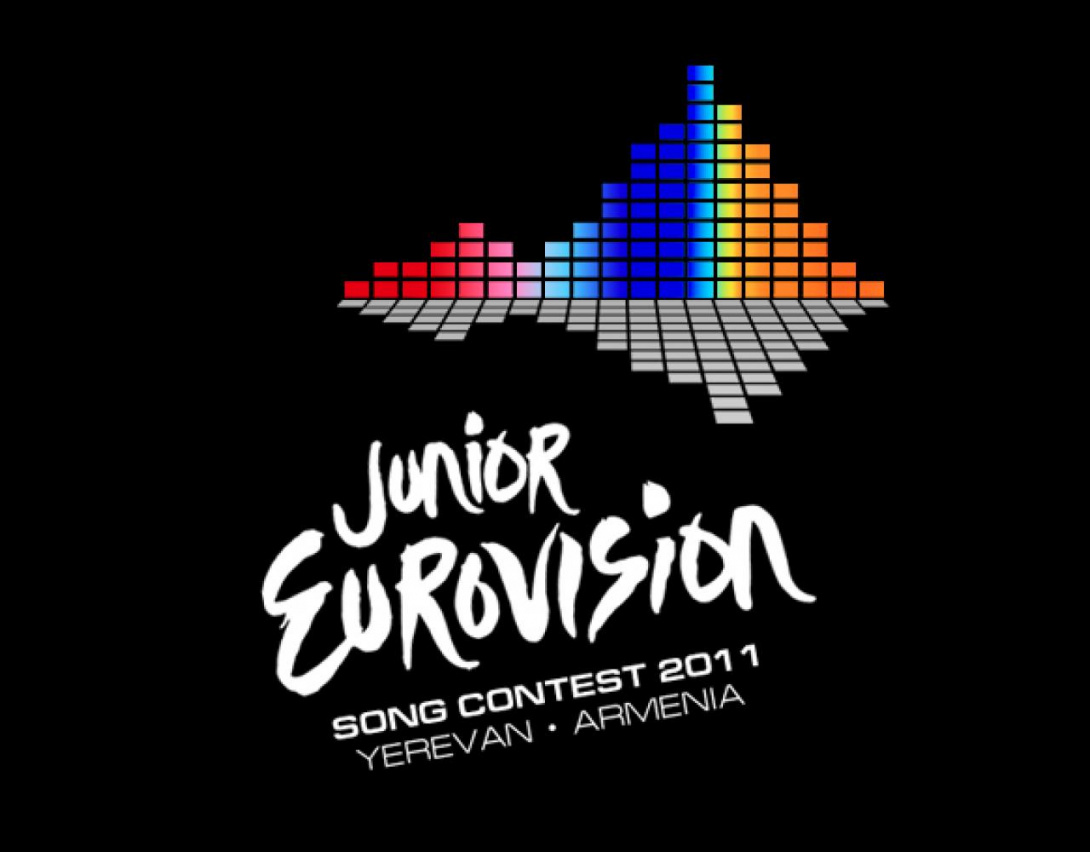
Related stories
